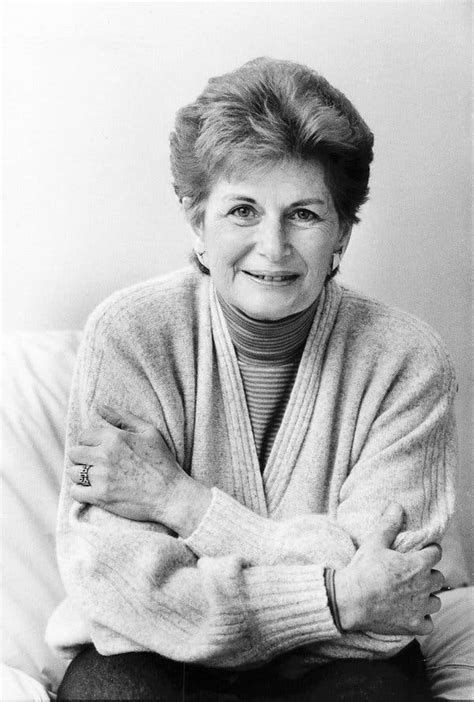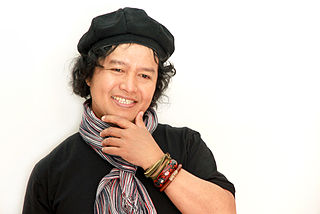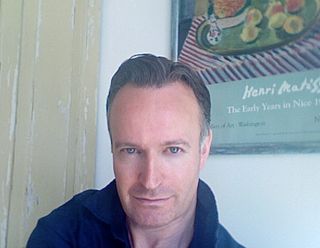A Quote by Stacey Abrams
I grew up in a family where my parents worked full-time and still found themselves and their six children trapped like so many of the working poor.
Related Quotes
The way I found time to write 'The Imperfectionists' was that I took work as a copy editor at the 'International Herald Tribune' in Paris, working full-time for approximately six months, then taking my savings from that and writing full-time, then returning after six months, and so on, until the book was done!
My grandmother had six kids - one died as an infant - and she was dirt-poor, and all her kids got an education. And my mom grew up poor. And they both worked so hard and cultivated so much of their own happiness. I wanted to have that like an amulet. Not like armor, but like a magic feather. Like Dumbo's magic feather.
I think that people all grow up and have their same personalities, but you can say, "Oh, I can see the roots of this personality, which I didn't like, but then you grew up, and I can still see you as that person, but I do really like you now." Which is sort of how I feel about children - I mean, about children who I knew when I was a child and grew up with, and they're still my friends, and children that I know as children who I see growing up, and every year I like them more.
The authoritarian child-rearing style so often found in working-class families stems in part from the fact that parents see aroundthem so many young people whose lives are touched by the pain and delinquency that so often accompanies a life of poverty. Therefore, these parents live in fear for their children's future--fear that they'll lose control, that the children will wind up on the streets or, worse yet, in jail.
The decision to write full-time meant I couldn't afford to buy a house. A friend kindly offered me the use of his apartment in a thirty-six-story building full of newlywed couples in the southern area of Jakarta. I didn't like my working space at first, but the scenery and everything going on outside have worked their magic on me.
There are many things children accept as "grown-up things" over when they have no control and for which they have no responsibility--for instance, weddings, having babies, buying houses, and driving cars. Parents who are separating really need to help their children put divorce on that grown-up list, so that children do not see themselves as the cause of their parents' decision to live apart.
The poor, and especially poor people of color, don't have the luxury of raising 'free-range' children without risking severe consequences. Parents of color don't receive a visit and a warning if their children are found playing alone; they are immediately blamed and far more likely to be arrested or lose custody of their children.
In far too many families with young children, both parents are working, when, if they really took an honest look at the budget, they might find they don't both need to. ... What happened in America so that mothers and fathers who leave their children in the care of someone else - or worse yet, home alone after school between three and six in the afternoon - find themselves more affirmed by society? Here, we can thank the influence of radical feminism.
I grew up in a working-class community. I come from a big family. I knew Donald Trump would win because I knew he is what poor Americans think a rich person looks like. And I knew that Hillary Clinton would annoy voters in their tens of millions, because she basically sucked at communicating with poor people and seemed like a person who'd been powerful and rich for decades. She was a disastrous candidate. I mean, she was up against a psychopath and she still lost. The country's thinking was beyond her, literally.
































